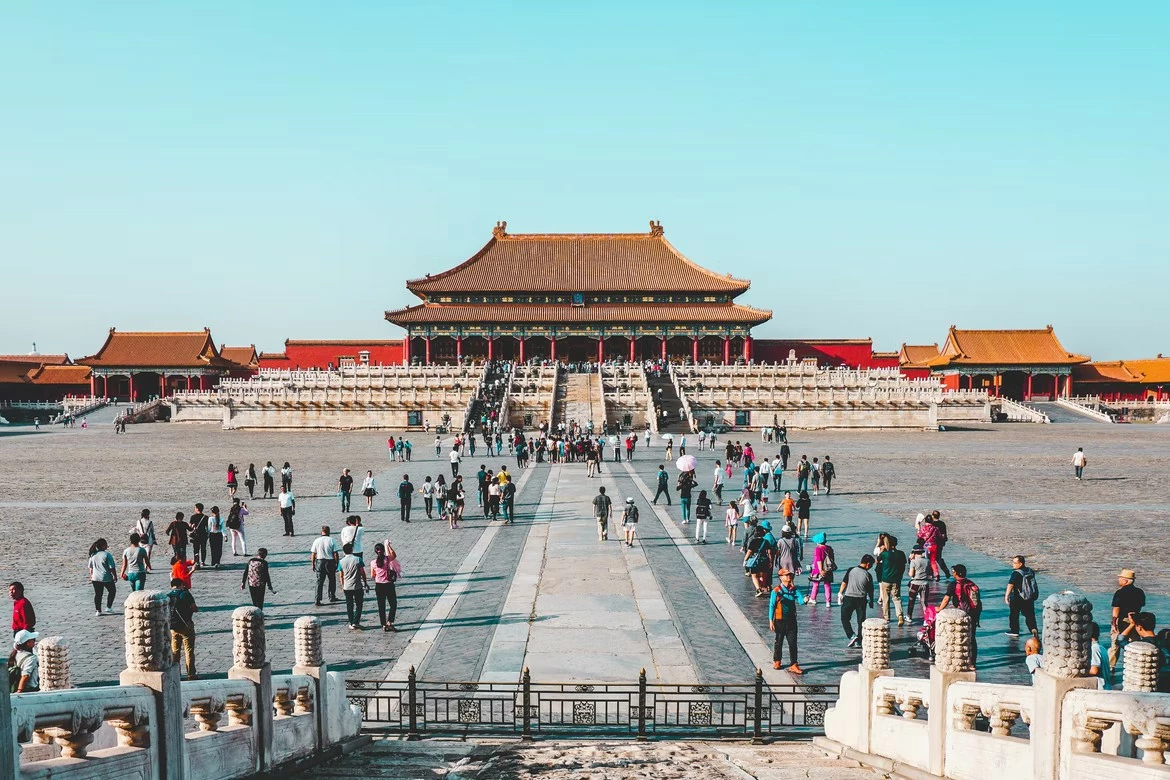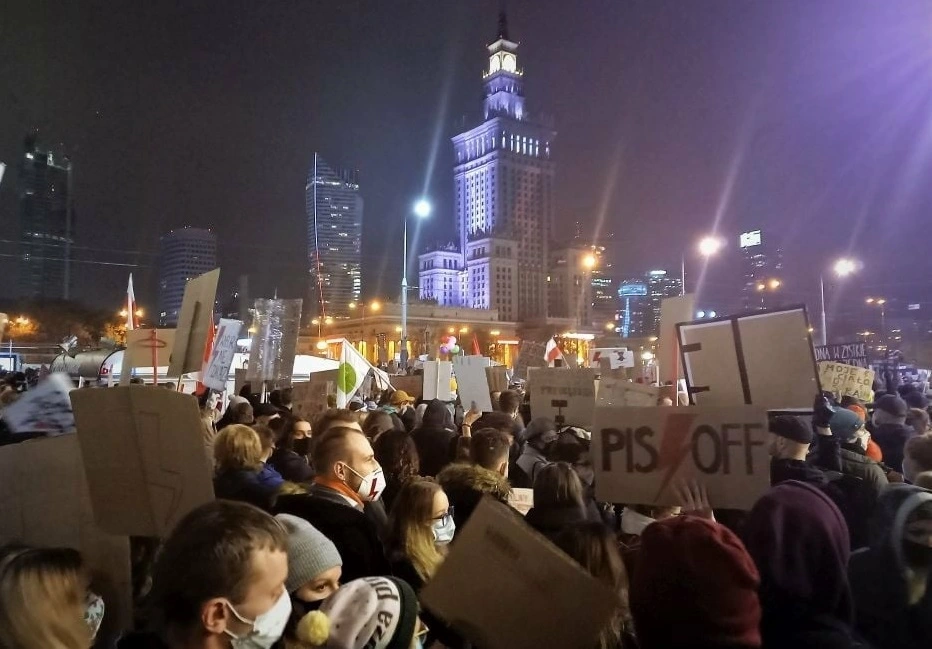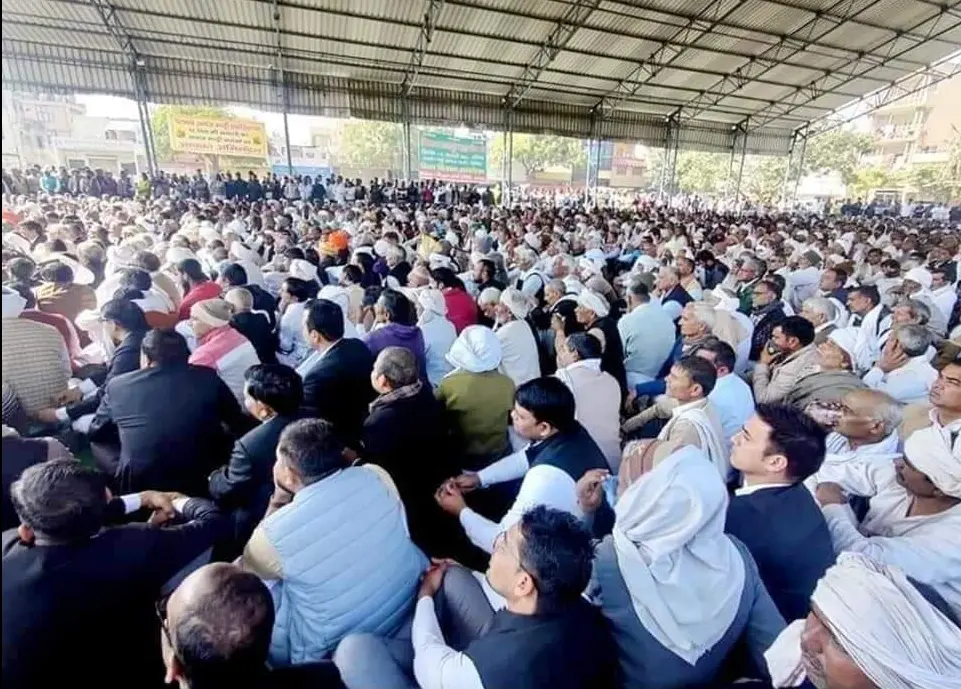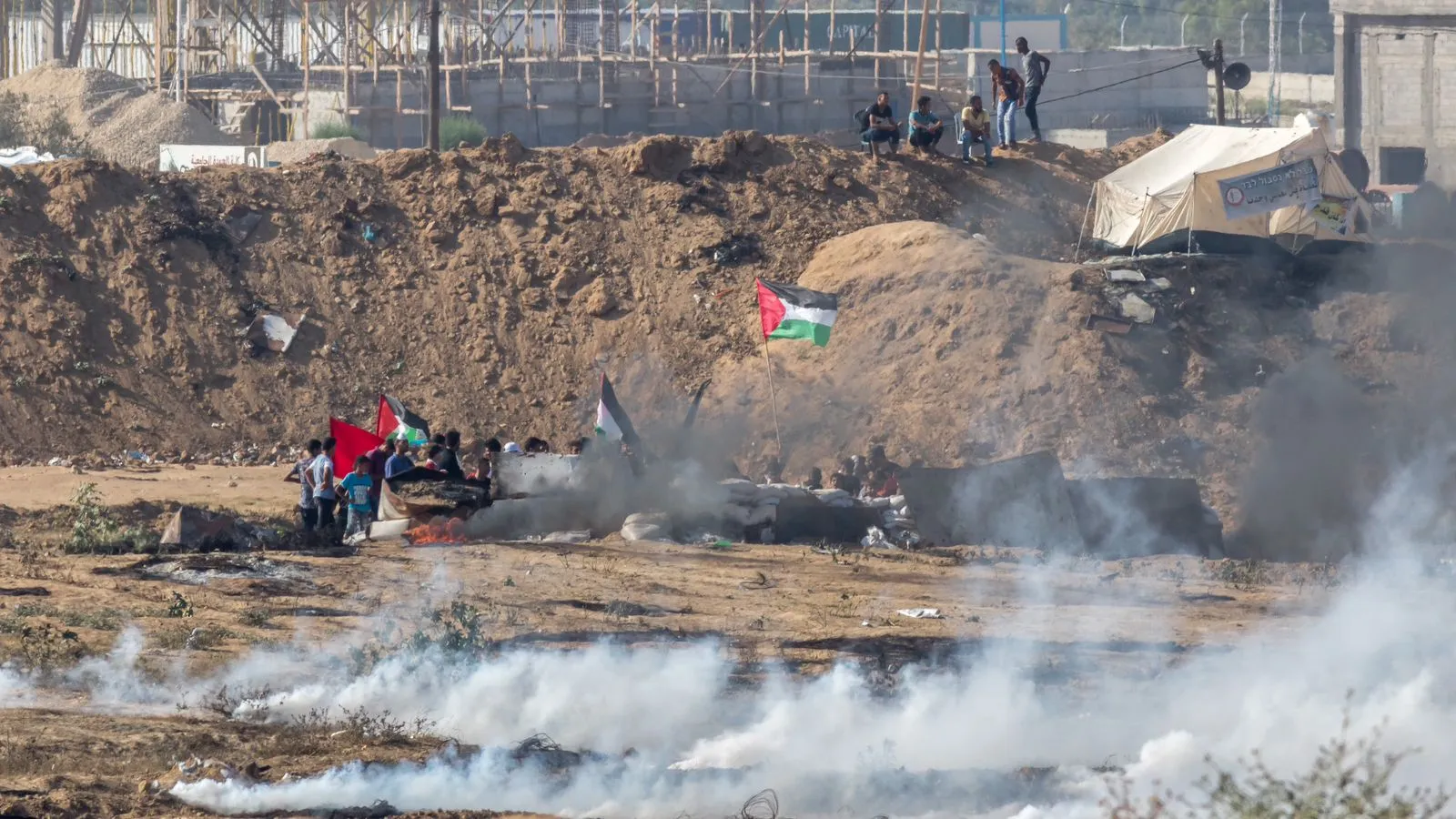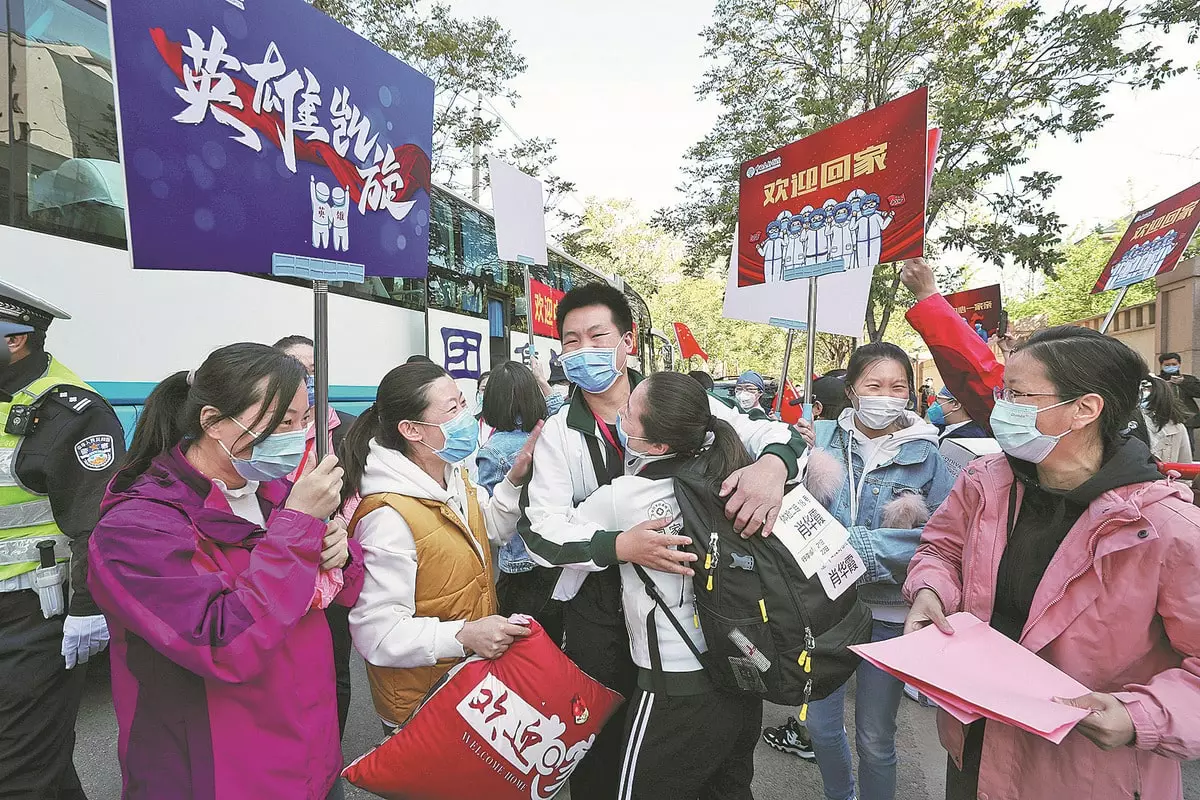Iain Inglis is a member of the Communist Party of Britain who is now a parmanent resident of China and a television presenter and Gourab Ghosh is one of the Associate Editors of “The International”
Gourab Ghosh: Well, I know it’s been a long time since you have moved to China. If I am not wrong, you have been staying there for a long 18 years. So, what were your expectations when you first moved to China?
Iain Inglis: Before my first visit to the People’s Republic in August 2003 on a short holiday, I had formed the mental impression of a drab and repressive Communist autocracy where basic freedoms do not exist, much less the rule of law.
It could not have been more different. Initially, I was struck by the vibrancy of this supposedly coercive Communist state. Indeed, at a first glance, Shanghai at that time with its colonial buildings, hustle and bustle, and strong air of commerce could almost have been a city of any western country.
GG: As an expat, how have your views on China evolved, especially with respect to socialism with Chinese characteristics?
II: Admittedly, it did not come across as particularly ‘socialist’. During my first few years I recall having been somewhat dismayed as ‘how best to make money’ and ‘every man for himself’ seemed to be the order of the day. There was entrenched corruption at all levels, and flagrant shows of largesse were an everyday occurrence.
Economic development was the overriding concern, with the Chinese word for ‘development’ appearing everywhere in Party slogans and in the media. Even Chinese friends and colleagues would remark that the worst kind of capitalism could be found in China – capitalism without rules, referring to the nepotism and bribery that was rife at the time.
Obviously, the decision had been made in 1978 - and been given extra impetus in 1992 following Deng Xiaoping’s southern tour - to introduce a policy termed ‘reform and opening up’ through which market principles would unleash China’s productive forces, which it certainly succeeded in doing.
That said, this economic activity and entrepreneurship was mostly at the grass-roots level, with the so-called commanding ‘heights of the economy’ largely retained in state hands – a socialist market economy.
This was development of sorts, but at what cost? Environmental degradation and the widening gulf between the ‘haves and the have-nots’ (to name but two) were fast becoming untenable.
GG: We have often heard from some people that China is a capitalist country and it is no more socialist. Is there any truth to such statements?

II: Not being able to accustom myself to Shanghai’s climate, I decided to move to a largely unknown area of the country in early 2007. The small tropical city of Sanya located on the southern end of China’s most southernly province of Hainan had been tipped as an up-and-coming tourist island destination by various media. Located in the South China Sea just across the water from Vietnam, the place was at that time still not widely frequented by visitors, and it showed. Healthcare, education and transportation were all far below the standards in Shanghai, and petty crimes and drug abuses were widespread.
It seemed, though, that I was not the only one who had ‘discovered’ Sanya. Almost as soon as I arrived the city started its break-neck development. Initially driven by construction and real estate, the pace of urbanisation was astounding. Government bought up local people’s land which was handsomely compensated, making them quite suddenly better off than they had ever been.
Drawn by the chance to own a holiday home or retirement flat, the masses started coming. The authorities set about trying to give the city a make-over. More public bus routes were introduced, more flight routes scheduled and in December 2010 the province’s first high-speed rail link opened between Sanya and the provincial capital of Haikou. Muggings and knife crime evaporated and drug use was thwarted.
Despite these advances, the picture really began to change after the 18th National Congress of the Communist Party of China. With the ascension of Comrade Xi Jinping to the top positions in the Party, state and military, dramatic changes were afoot.
Here in Hainan, the poverty alleviation campaign was stepped up and a massive increase in wealth and wellbeing has since been palpable. The government set about building transportation infrastructure, bringing electricity and running water into the furthest-flung areas, and continuing the ‘toilet revolution’ that began some years earlier to bring sanitation to everyone, with the city’s homeless population having been housed and set up with a job.
Now, motorways crisscross the island, two new airports have been built, the existing two having been expanded, with more international flight routes having been added to the repertoire; Sanya’s disparate public bus services have been taken out of private hands and amalgamated into the state-owned Sanya Public Transport Company. With many more bus routes having been laid on with handsome, new, electric-powered buses running the length and breadth of the municipality; and rural dirt roads have been metaled connecting the tiniest hamlets with urban areas.
In the sphere of education, limits have been placed on private, especially so-called ‘international’ schools and here in Sanya privately-owned and -operated nursery schools are being successively taken into the state sector. More and more quality public schools are being opened as are medical facilities.
Following China’s recent health sector reforms, several new hospitals have been constructed in Sanya and existing ones have received a significant upgrade. The availability and quality of medical care has markedly increased, with almost all of China’s citizens are now covered by some sort of health insurance. Health is regarded as a public right in China which is expressed in the country’s Healthy China 2030 policy announced in October 2016 which declared public health a precondition for all future economic and social development.
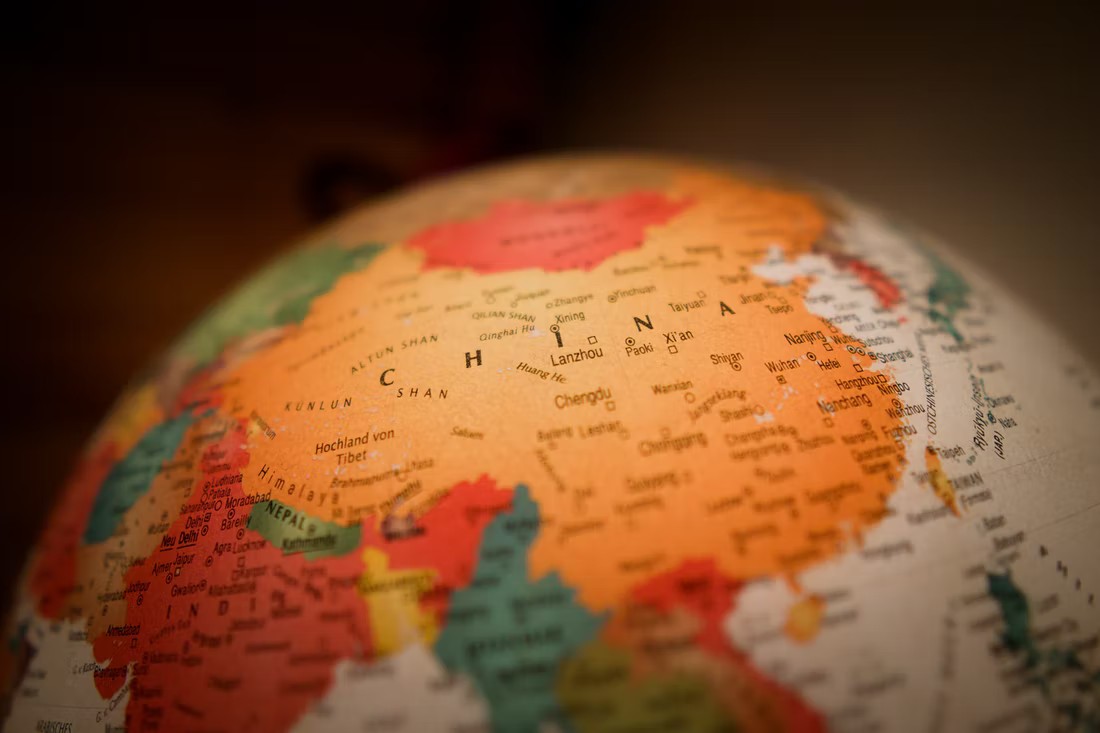
GG: The west claims to uphold the values of freedom and democracy and yet does little for the working class. Does the condition of the working class in China radically differ from that of the west?
II: As China has shown so well, the buzzwords of ‘freedom’ and ‘democracy’ etc. ad nauseam often touted by Western establishments are virtually meaningless or at best too narrowly defined when addressing social inequality on such a huge scale.
After having launched its multi-pronged assault on poverty and its causes in November 2013 in its 'targeted poverty alleviation campaign', the whole of Chinese society from government departments and civil servants of all levels to businesses and charities were mobilised. Over the ensuing eight years to 2021, when the government declared the eradication of extreme poverty, whole swathes of the country - around half of whose territory was classified as poverty-stricken in 2013 - have been utterly changed.
As part of this drive, not only was the equivalent of US$246 billion made available for investment, but a large number of Party members, putting their lives on hold indefinitely, were transferred to out-of-the-way places to do their bit for the cause, with upwards of three million public sector officials being sent from towns and cities into rural communities. They brought with them new ideas, innovation, technologies and know-how. Many of the frontline workers were young people, ready and willing to give up their best years in the battle against want.
Under their guidance, and with support from local government, training and sustainable business ventures, yielding supplementary income streams, were set up to benefit villagers and the rural poor.
Many of the achievements were thanks to C.P.C. members' sacrifices over the last years. And while most have only had to sacrifice their personal lives, around 1,800 have been less fortunate, succumbing to illness, meeting with accidents or simply working themselves to death.
Of those comrades who perished in the eight-year battle with poverty, one tragic case particularly strikes a chord, being as they were so young. It concerns the moving story of a young couple from Xiushui County in Jiangxi Province.
Fan Zhenzi, born in April 1995, met her husband, Wu Yingpu, born in September 1990, during a training workshop for poverty-alleviation personnel. Although she and her husband worked in different locations in Xiushui County, they found their shared interest in serving the people and were married on 9 November 2018.
Unfortunately, just one month later, on the way back from a visit to one of the poverty-stricken families whom they were assisting, they had an accident and their car fell into a road-side ditch. Fan Zhenzi was carrying their child at the time. When rescuers opened the mangled car boot, they found three free-range chickens that Fan Zhenzi had been on her way to sell on behalf of one of the villagers.
These are just two of the largely unsung heroes of China's relentless drive to overcome extreme poverty in its society. Despite these and many other losses, they persevered and eventually won. This could not have been done if it were not for the mass, unselfish participation, unity and skillful co-ordination of the C.P.C. and its supporters. Extreme poverty is a thing of the past. Now begins a new chapter known as 'rural vitalisation'.
Through turning their backs on misery forever, the Chinese people have been empowered and have control of their own destiny. The right not to go hungry, to have clean water to drink, to have warm clothing are worthy and hard-fought-for human rights. Certain countries can take note of that.
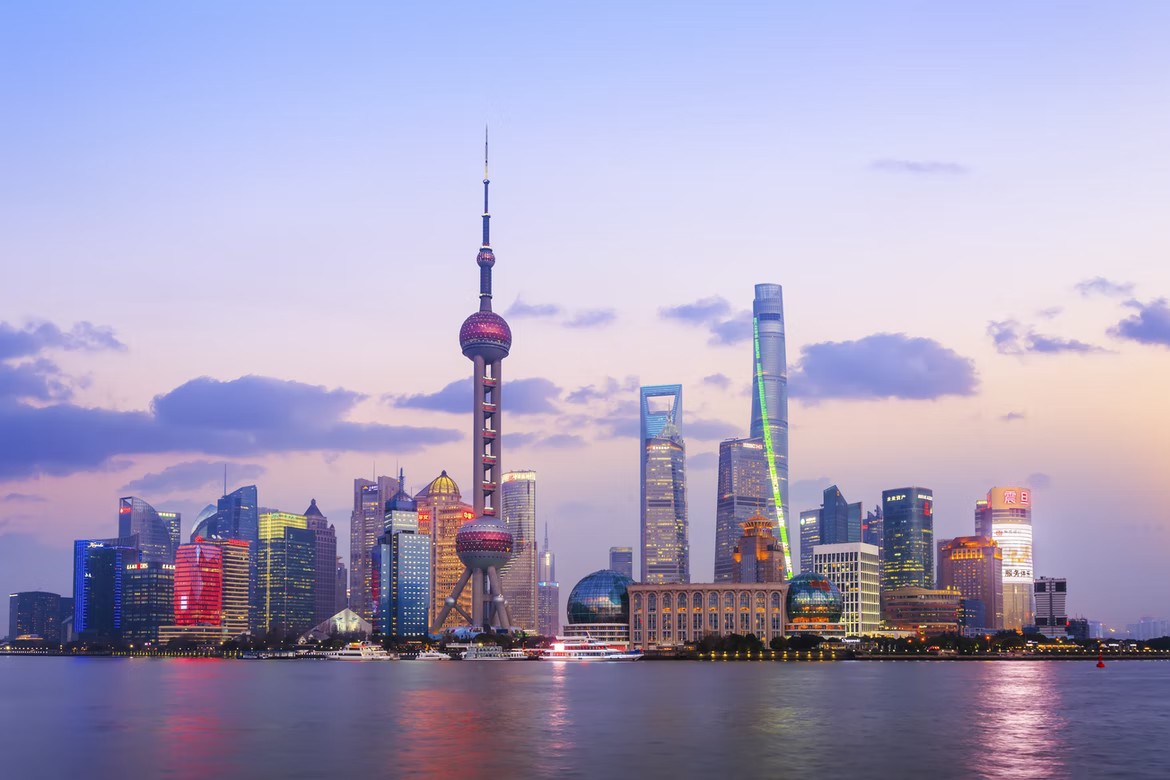
GG: How will voting out the Tories change anything in Britain? What does the Labour party offer the working class?
II: Indeed, empty rhetoric typifies the Western establishment, not least that of my home country. As it stands, the British Labour Party offers nothing to the working people of the country. It has been whittled down to ‘labour’ in name only, with very little if anything of substance to differentiate it from the Conservative Party, regardless of its erstwhile origins.
The most glaring example of this was the fact that it was under Labour government that Britain became the head cheerleader for the invasion of Iraq in 2003, proving that that party is also made up of murderous warmongers who reject international law.
The electorate is constantly distracted by discussions on inconsequential non-issues often of domestic policy propagated by the narrative-setting media, while the questions of the highest importance go unaddressed.
The contrast could not be starker. Despite some initial misgivings about the course China was taking in the early years, which has subsequently been corrected, I have been amazed by its trajectory since 2012, one that is proving correct for China as it yields impressive results.
With rising inflation and energy costs coupled with the eroding of the welfare state the future for Britain’s working class looks bleak. In comparison, China’s working class and peasant farmers have much to be hopeful about if the feats of the past decade are anything to go by.
